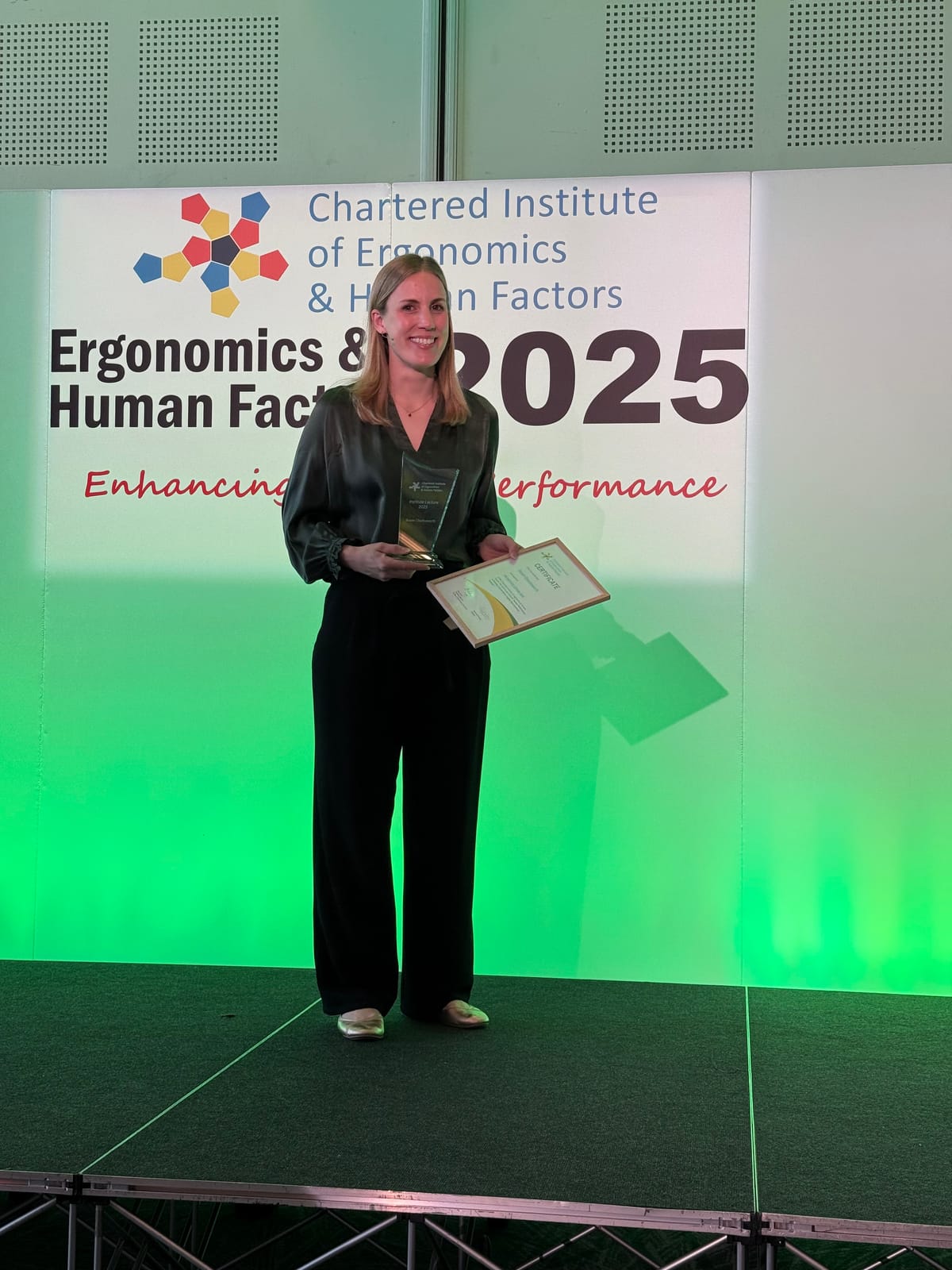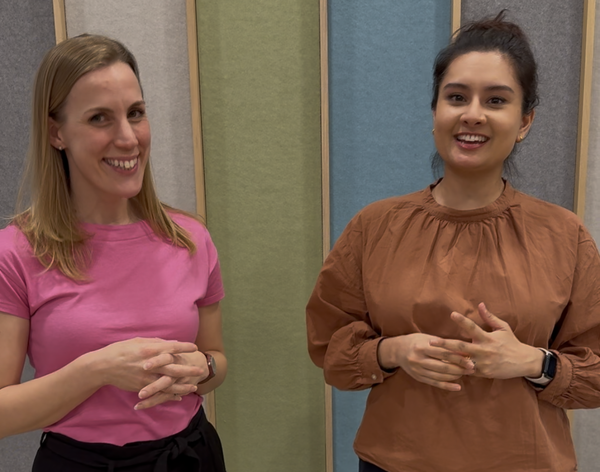Human factors. More than safety. More than soft skills.

This week, I gave the Institute Lecture at the CIEHF annual conference. While that was a genuine privilege, one part of the conference I’ve been thinking about most since is a panel session I attended.
It was a session (expertly run by Barry Kirby, Fiona Cayzer, Ian James, and Suzy Broadbent), exploring the changing defence landscape and the role of human factors within it.
But what made it different, and genuinely refreshing, was the format. Instead of four people speaking at us, the panel opened things up to the whole room. It was interactive, fast-paced, and full of honest debate. Anyone could contribute, challenge, or build on ideas. And they did.
As someone who gets bored easily, I loved it.
More importantly, the discussion itself raised a really important question:
How do we talk about human factors in a way that makes people take it seriously?
Because if we frame it as “safety,” some people immediately tune out, assuming it’s a compliance checkbox.
And if we frame it as “soft skills,” it’s often dismissed as fluffy or optional.
But human factors isn’t either of those things. Whether we’re talking about cockpit design, team decision-making under pressure, or leadership in space, this work is fundamental to safety, productivity, wellbeing, and performance.
The challenge is: we have to make the case for it clearly.
And panels like this reminded me that we need more spaces for open, messy, cross-sector conversations, where the room gets involved, not just the stage.
I left thinking more about the value of real dialogue, and how we keep human factors on the table in the rooms that matter.
What do you think?
⸻
P.S. If you’re looking for a keynote speaker who can make human factors, leadership, and high-performance feel relevant (and even a bit entertaining), I’d love to chat.



